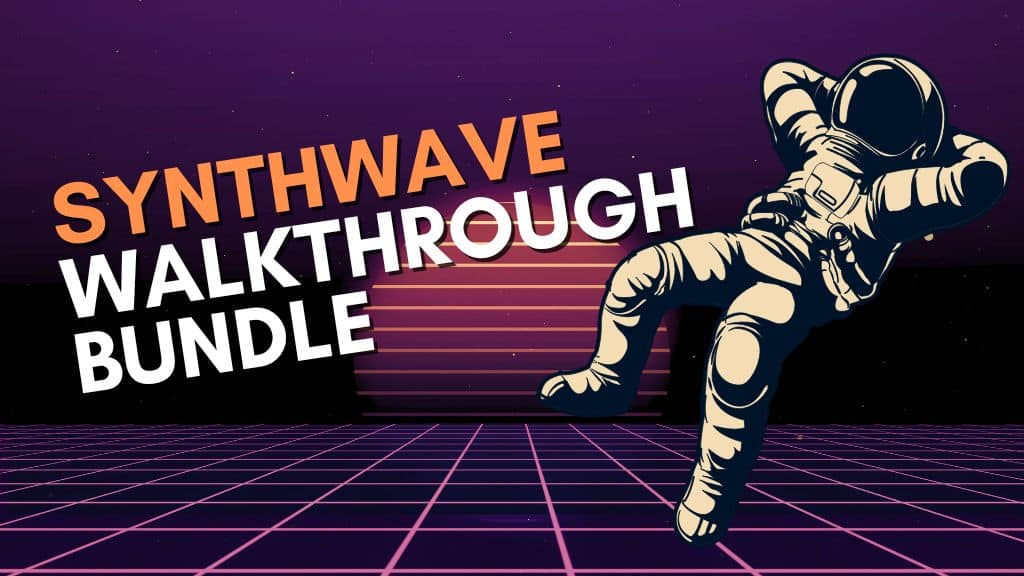In the world of music composition, the choice of key can significantly influence the mood, emotion, and overall feel of a song. Each key has its own unique characteristics, from the bright and uplifting to the dark and melancholic. But with so many options available, how do you determine the best key for your song? In this article, we’ll explore some of the most popular keys used in songwriting and discuss their respective qualities to help you unlock the full potential of your musical compositions.
C Major
As one of the most popular and widely used keys in music, C Major is often considered a versatile and accessible choice for songwriters. With its lack of sharps or flats, C Major provides a clean and neutral canvas that is easy to work with. Songs written in C Major often exude a sense of simplicity, purity, and joy, making it ideal for upbeat and cheerful melodies.
G Major

G Major is another favored key among songwriters, known for its bright and cheerful sound. With just one sharp (F#), G Major offers a slightly more complex tonality than C Major while still maintaining a sense of accessibility. Songs written in G Major often have a lively and energetic feel, making them perfect for pop, folk, and country genres.
D Major
D Major is celebrated for its warm and uplifting qualities, thanks to its combination of two sharps (F# and C#). This key is frequently used in songs that evoke feelings of celebration, triumph, and optimism. D Major is particularly well-suited for anthemic ballads, rock songs, and power-pop anthems that demand a sense of grandeur and majesty.

Learn more
E Minor
While technically not a major key, E Minor is worth mentioning for its rich and evocative sound. As the relative minor of G Major, E Minor shares many of the same characteristics but with a darker and more introspective twist. Songs written in E Minor often convey emotions of longing, melancholy, and introspection, making it a popular choice for ballads, ballroom dances, and introspective singer-songwriter compositions.
A Minor

A Minor is another popular minor key that offers a sense of intimacy and vulnerability. With its combination of natural notes and just one sharp (G#), A Minor provides a balanced and versatile tonality that is well-suited for a wide range of musical styles. Songs written in A Minor often have a haunting and emotional quality, making them perfect for heartfelt ballads, bluesy rock tunes, and soulful pop songs.
Conclusion
Ultimately, the best key to write a song in depends on the specific mood, emotion, and message you want to convey. Whether you’re aiming for upbeat and cheerful or introspective and melancholic, there’s a key out there to help you bring your musical vision to life. Experiment with different keys, explore their unique qualities, and trust your instincts to find the perfect harmonic backdrop for your songs. After all, the beauty of music lies in its endless possibilities – so don’t be afraid to explore and let your creativity soar.
Recent Posts
The Synthwave Song Writing Start to Finish Guide: Getting That Warm, Analog Sound In the Box
If you’re making synthwave, you’ve probably fallen in love with the sound of the 1980s:Warm synths, punchy drums, saturated tape textures, and a glowing analog aesthetic that feels nostalgic and...
What’s the Most Frustrating Part of Making Music And How to Overcome It
Music creation can be one of the most rewarding forms of self-expression. But let’s be honest—it can also be maddening. That moment when inspiration strikes… only to be blocked by technical...

